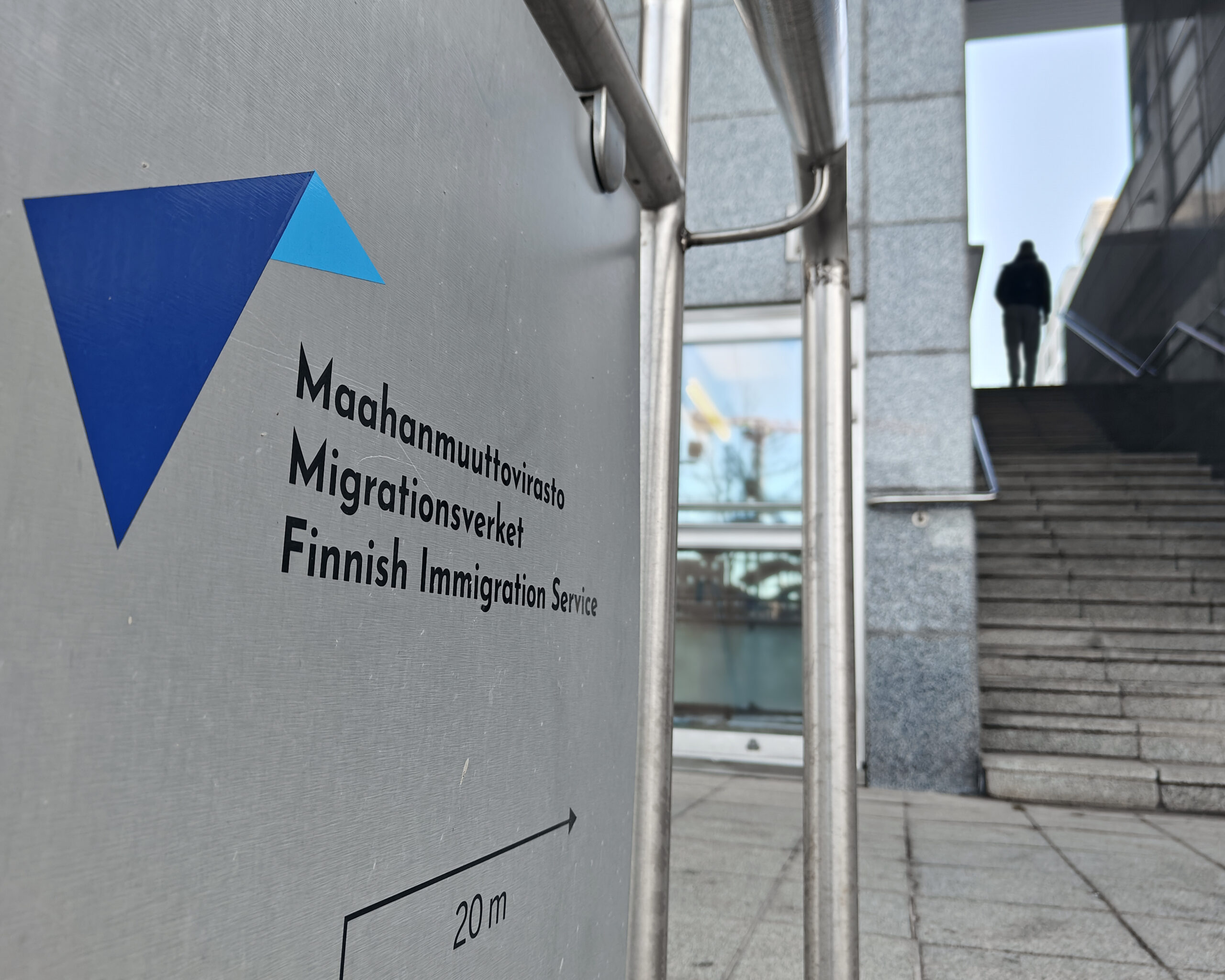Finland has started issuing negative asylum decisions to Russians fleeing mobilization

The majority of Russians seeking asylum due to mobilization—743 individuals—applied between September and December 2022. PHOTO: NADIIA FEDOROVA
Aleksandr Trifonov
Published 10.12.2024 at 3:08
After the spring of 2022, at least 1,000 Russian citizens have applied for an asylum in Finland based on their fear of being mobilized into the Russian Armed Forces and sent to war in Ukraine. After a long wait, several applicants have now started receiving negative decisions from the Finnish Immigration Service (Migri).
One of them is Yaroslav, who left Russia for Finland back in March 2022. Satakieli will not disclose Yaroslav’s full name due to safety reasons but has reviewed his documents.
Yaroslav’s primary, and almost sole reason for seeking asylum was fear of being sent to the frontlines. He underwent an interview with Migri in 2023 and waited about a year for a decision. On October 9, 2024, Migri issued a negative decision on his case, and on November 1, the document was officially read and handed to Yaroslav at a police station.
Yarsoslav has been asked to leave Finland voluntarily. He is disappointed on the decision and plans to file an appeal.
“The system of mobilization and conscription in Russia spares no one, and the laws don’t work. There are many known cases of students being forcibly taken even from universities. I received two summonses to the military enlistment office. That’s why I’m not planning to return and will try to strengthen my case on appeal.”
No positive decisions based on risk of mobilization
Nikita Kirillov, a representative of the nonprofit human rights organization Initiative for Resistance and Dialogues Ry, is aware of at least five similar rejections during the past two months. All the applicants have filed an appeal. Satakieli knows about two further cases.
According to Kirillov, Migri has justified its stance by arguing that partial mobilization in Russia has effectively ended and, therefore, the applicants face no threat.
Both Kirillov and Yaroslav emphasize that Russia has never officially published any document announcing the end of mobilization, and the timeline and scope of the mobilization remain classified under the secret part of President Putin’s decree initiating it.
In their response to Satakieli, Migri stated that the risk of being mobilized into the Russian Armed Forces may be a ground for asylum, but it is not automatic.
“Russia is regularly committing war crimes in Ukraine and therefore a person who is forced to fight in Russian forces in Ukraine is in risk of being forced to commit war crimes also. Risk of being forced to attend war in Ukraine and consequences of refusal vary and therefore it depends on the individual situation if a person is in need of international protection”, they wrote.
Kirillov has reviewed the positive asylum decisions for Russians in Finland in 2024. He found out that they were all based on other reasons than the threat of mobilization.
Most often the positive decision was linked to the applicant’s political or professional (e.g., journalistic) activities, even if the applicant mentioned the threat of forced deployment to the front during the interview with Migri. Not a single positive decision has been made in cases where the primary or sole reason was the fear of mobilization.
One third of the applicants have found other means of staying in Finland
According to statistics from Initiative for Resistance and Dialogues RY, there are currently about 500 asylum seekers in Finland citing the threat of mobilization or conscription whose cases are still under review or pending a decision.
“About 30 percent of them haven’t even undergone the first interview, while 60–70 percent are still in the process,” says Kirillov.
Of the original about 1,000 applicants, roughly a third have found ways to stay in Finland on a study or a work visa, according to Kirillov. Some have withdrawn their asylum applications and returned to Russia or moved to a third country.